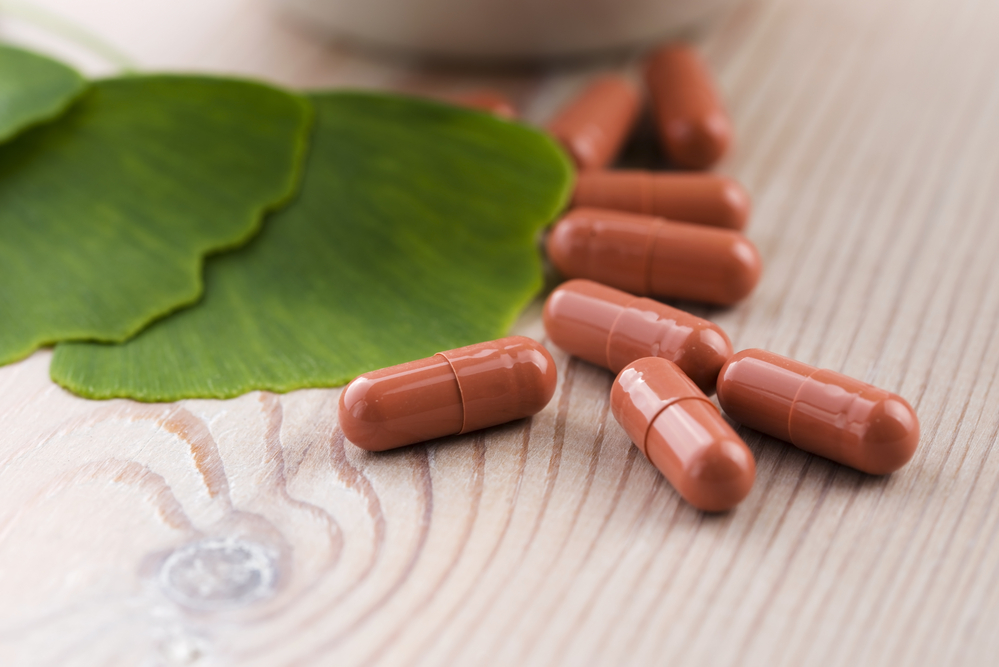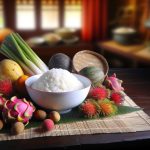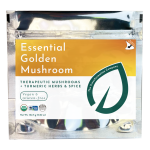Ginkgo biloba, known as maidenhair, is a tree with origins in China, cultivated for thousands of years for various uses. It is often called a living fossil due to its status as the sole survivor of an ancient order of plants. Ginkgo biloba’s leaves and seeds are commonly used in traditional Chinese medicine, while contemporary research mainly examines the extract from its leaves. This extract is linked to numerous health benefits, particularly concerning brain function and blood circulation. Here are 12 potential health benefits of ginkgo biloba.
1. Contains Powerful Antioxidants
Ginkgo’s health benefits are believed to be due to its high antioxidant content, including flavonoids and terpenoids. Antioxidants help combat the detrimental effects of free radicals, which are reactive particles produced during normal metabolic processes. These free radicals can harm healthy tissues, accelerating aging and disease. The antioxidant effects of ginkgo are promising, but further research is required to understand its efficacy in treating specific diseases.
2. Can Help Reduce Inflammation
Inflammation is the body’s response to injury or harmful substances. Chronic diseases can cause inflammation even without any foreign invaders, leading to tissue and DNA damage over time. Studies suggest that ginkgo extract can reduce inflammation markers in various diseases. However, human studies are necessary to confirm ginkgo’s effectiveness in treating these conditions.
3. Improves Circulation and Heart Health
Ginkgo has been traditionally used to enhance energy flow to different organ systems. Its ability to increase blood flow may account for many of its purported benefits. Studies have shown that ginkgo can improve circulation and may have protective effects on heart health and stroke prevention, likely due to its anti-inflammatory properties. More research is needed to fully understand its impact.
4. Reduces Symptoms of Psychiatric Disorders and Dementia
Ginkgo has been studied for its potential to alleviate anxiety, stress, and symptoms associated with Alzheimer’s disease and cognitive decline. While some studies indicate benefits, others do not. The inconsistency in research findings suggests that it is too soon to make definitive claims about ginkgo’s role in treating dementia.
5. Improves Brain Function and Well-Being
There is speculation that ginkgo may enhance brain function in healthy individuals. Some studies support the notion that it can increase mental performance and well-being, but a comprehensive review concluded that ginkgo did not lead to measurable improvements in memory or attention. Therefore, more research is necessary.
6. May Reduce Anxiety
Animal studies have shown that ginkgo may reduce anxiety symptoms, potentially due to its antioxidant content. In a study with individuals experiencing generalized anxiety, those treated with a higher dose of ginkgo reported a significant reduction in anxiety symptoms. However, more evidence is required to draw firm conclusions.
7. May Help Treat Depression
Animal studies and some human research suggest that ginkgo biloba could alleviate symptoms of depression, particularly when used in conjunction with antidepressants. Yet, depression’s complexity means more research is needed to understand ginkgo’s effects on this condition.
8. Can Support Vision and Eye Health
Preliminary research indicates that ginkgo may benefit those with glaucoma and age-related macular degeneration by increasing blood flow to the eye. However, it’s unclear whether ginkgo can improve vision in those without impairment. More studies are required.
9. Can Treat Headaches and Migraines
Ginkgo is a popular remedy for headaches and migraines in traditional Chinese medicine. Its anti-inflammatory and blood vessel-dilating properties may help treat headaches caused by stress or poor blood flow. Nevertheless, more evidence is needed to support its effectiveness.
10. Can Improve Asthma and COPD Symptoms
Ginkgo’s anti-inflammatory compounds may reduce inflammation in the airways and improve lung capacity, potentially improving symptoms of asthma and COPD. Some studies have shown promising results, but further research is necessary to confirm these findings.
11. May Reduce Symptoms of Premenstrual Syndrome (PMS)
An older study suggested that ginkgo could reduce PMS symptoms. However, more research is needed to understand the relationship between ginkgo and PMS.
12. Treats Sexual Dysfunction
Ginkgo may improve blood flow and thus potentially treat sexual dysfunction. However, studies have not confirmed its effectiveness in this area.
Consultation and Side Effects
It is crucial to speak with a healthcare provider before taking ginkgo biloba, as it may cause serious harm in certain cases, such as for individuals allergic to alkylphenols or on certain medications. Possible side effects include nausea, diarrhea, dizziness, headaches, stomach pain, and allergic reactions.
Forms and Dosage of Ginkgo Biloba
Ginkgo biloba is available in various forms, including capsules, tablets, liquid extracts, and dried leaves for tea. Most research uses purified ginkgo extract. Raw ginkgo seeds should not be consumed as they are toxic. A common safe dosage is 120–160 mg per day, divided into several doses. It is recommended to start with a lower dose and gradually increase to ensure tolerance.
Conclusion
Ginkgo biloba has anti-inflammatory and antioxidant properties and may improve circulation. These traits could impact numerous health conditions, but the scientific evidence is still evolving. As with any supplement, risks are involved, and it’s essential to consult a healthcare professional before incorporating ginkgo into one’s health regimen.









